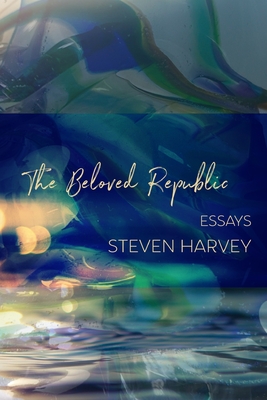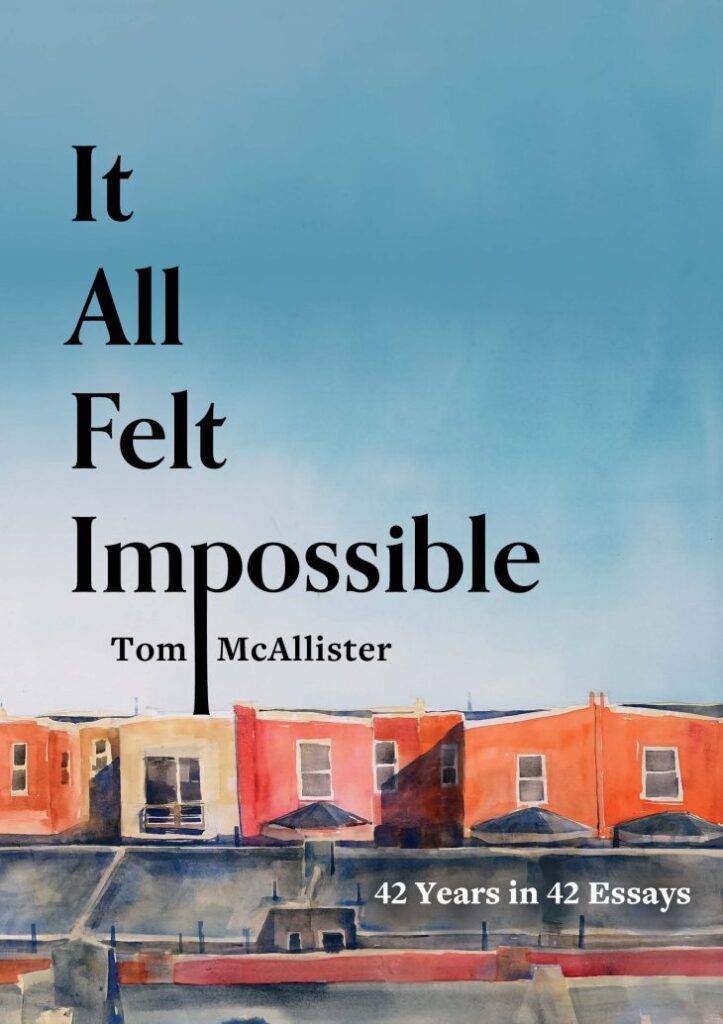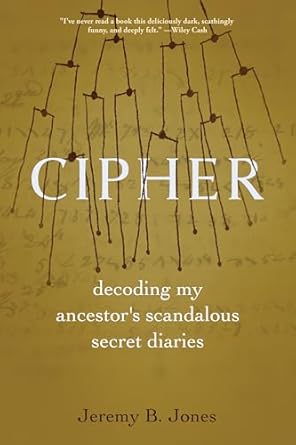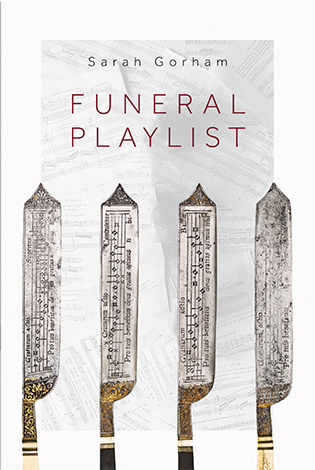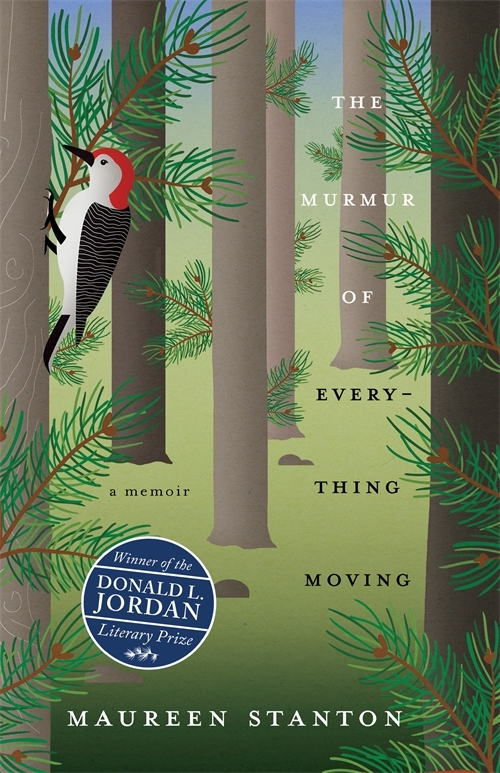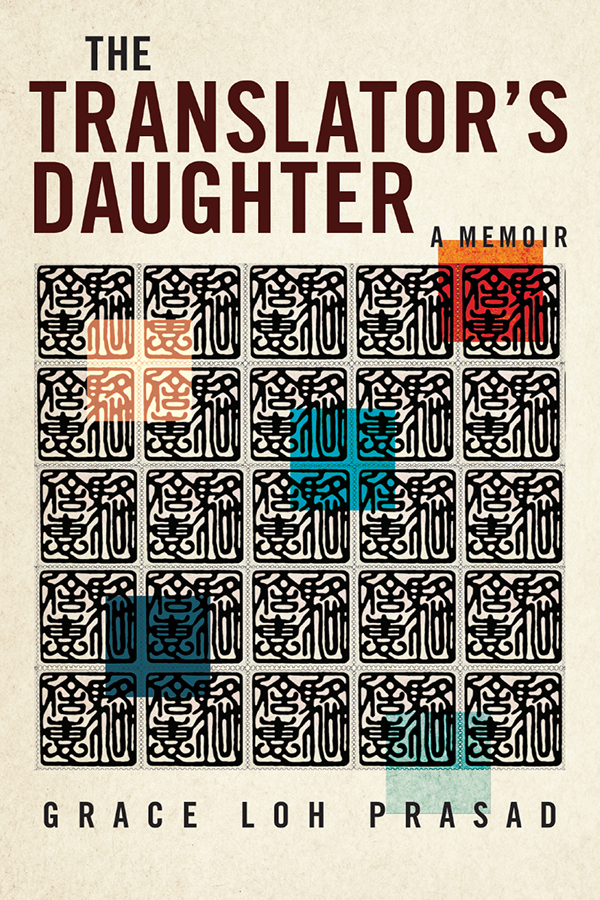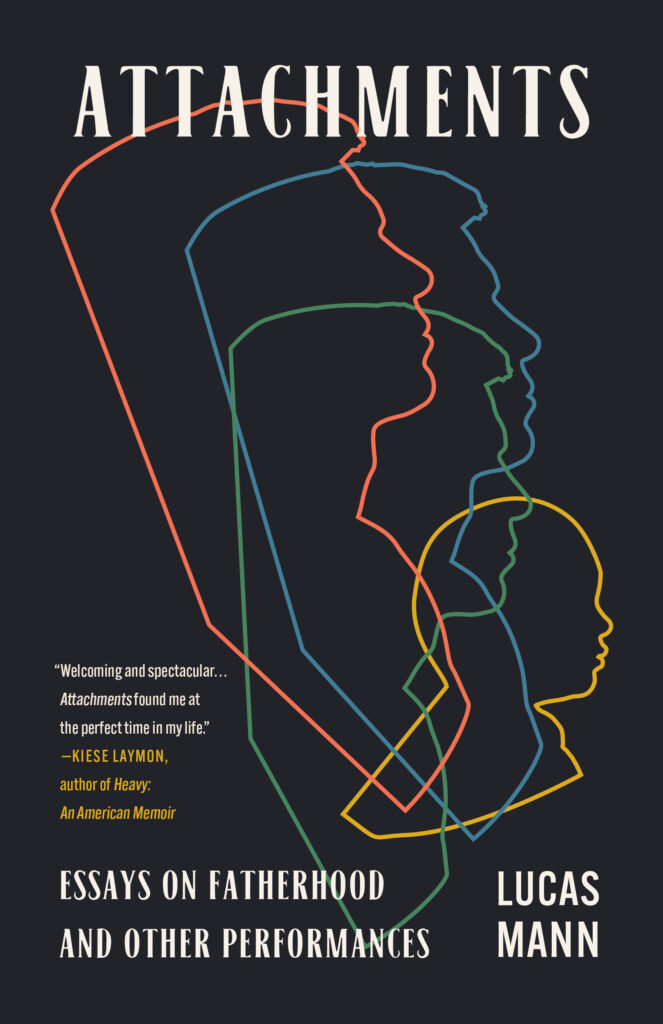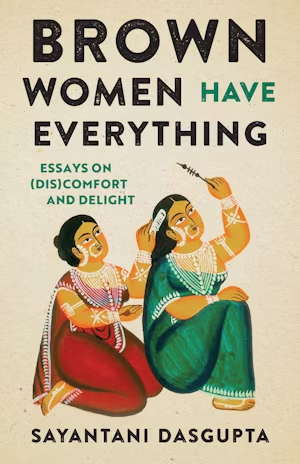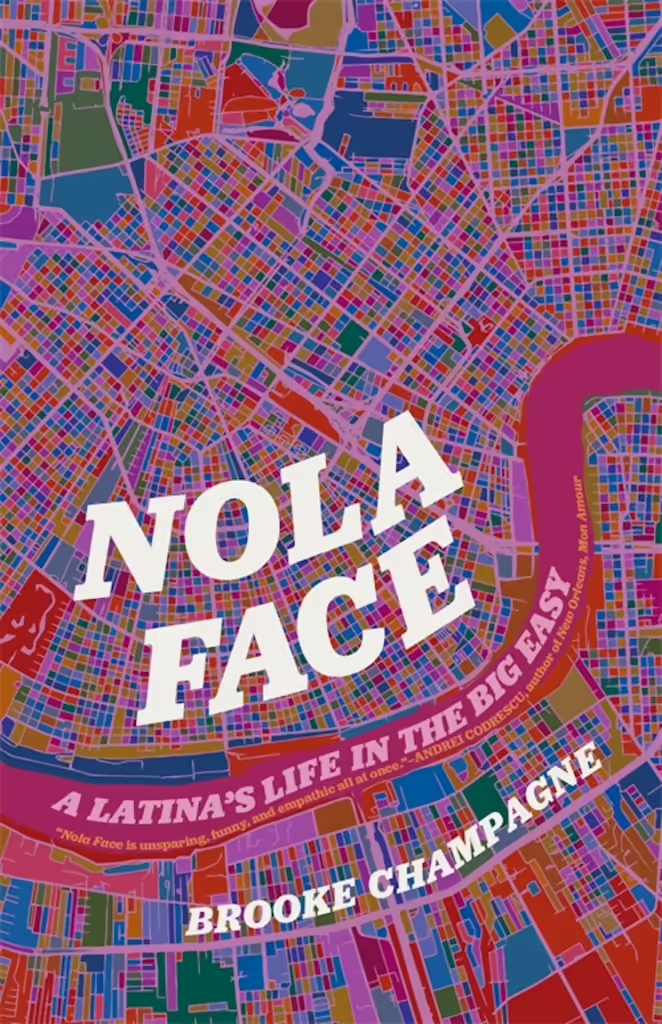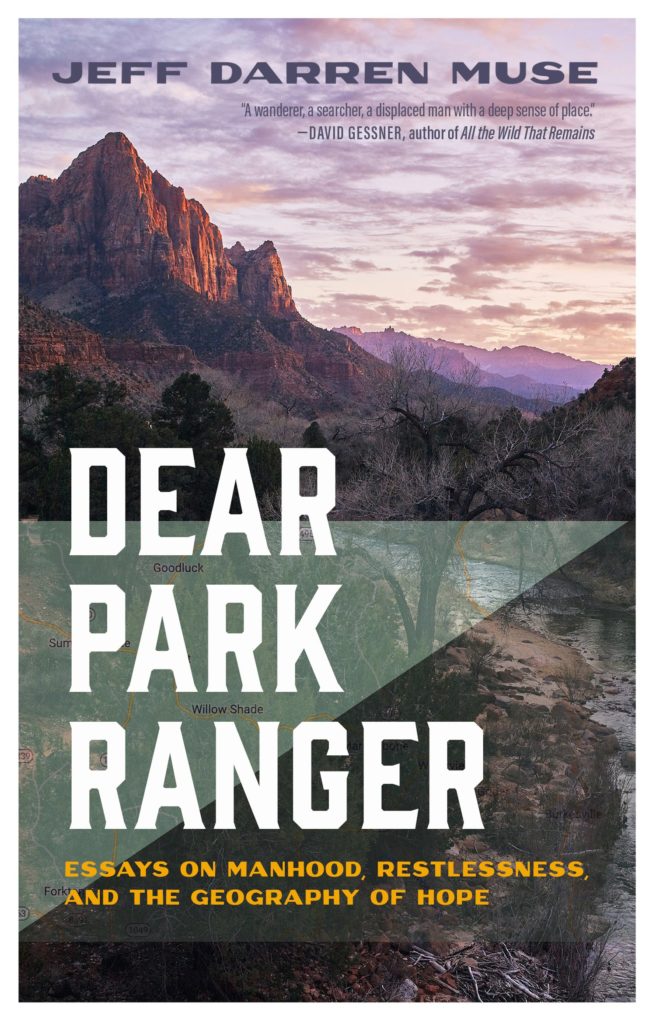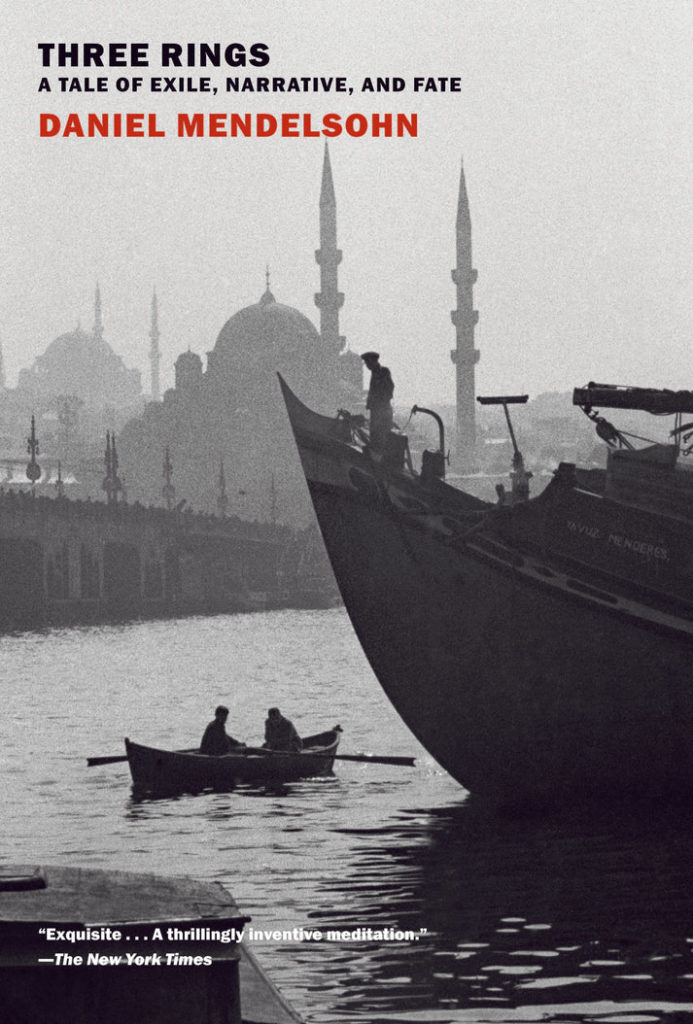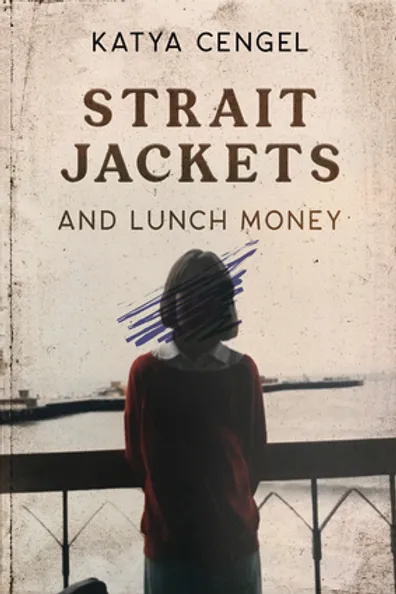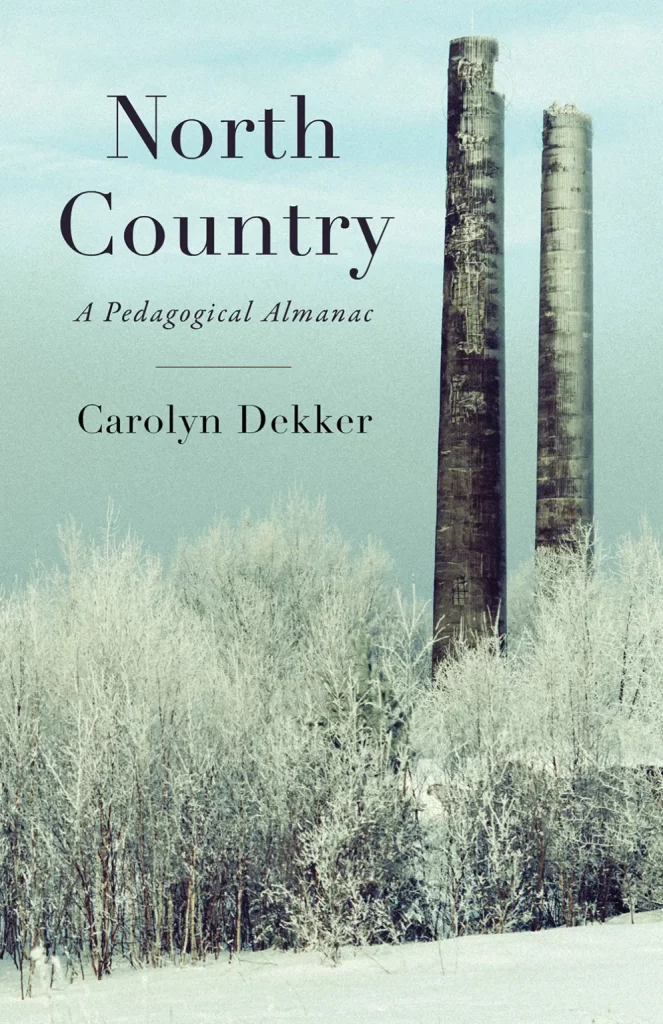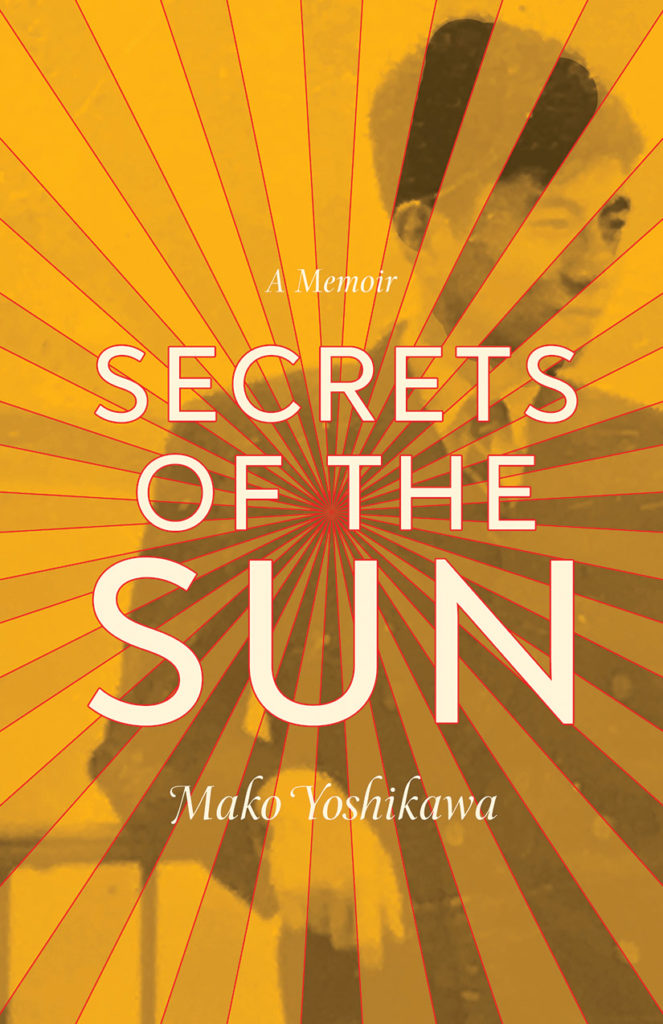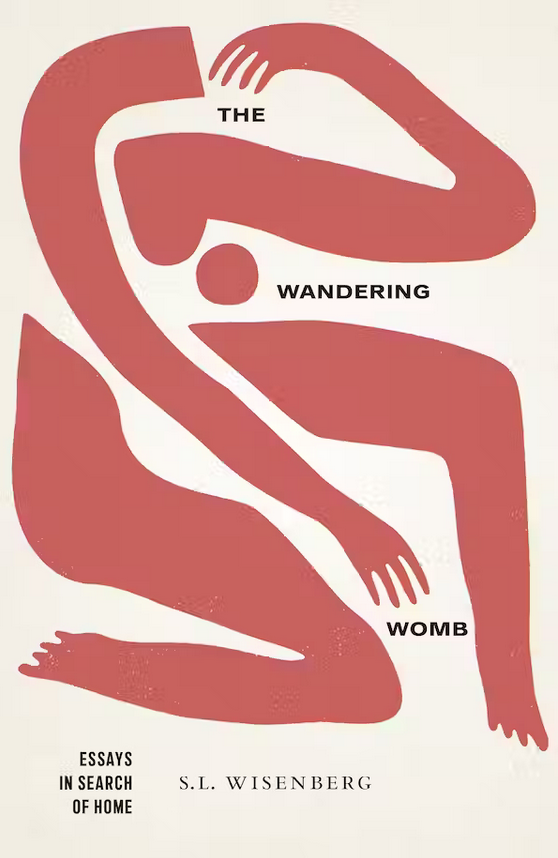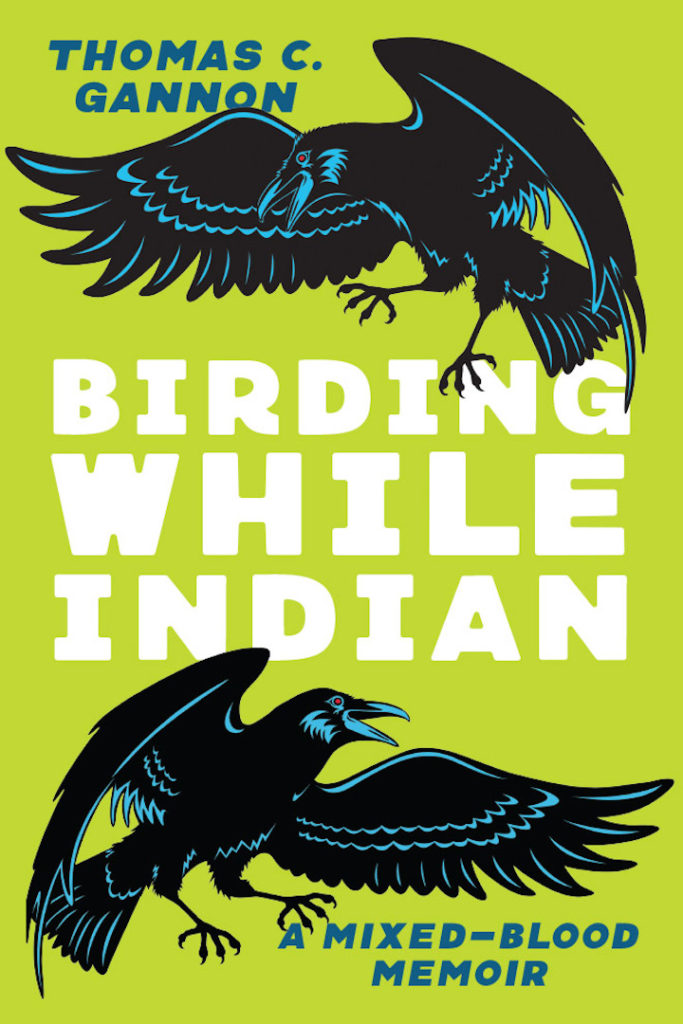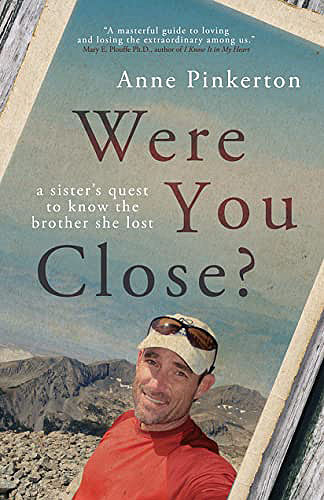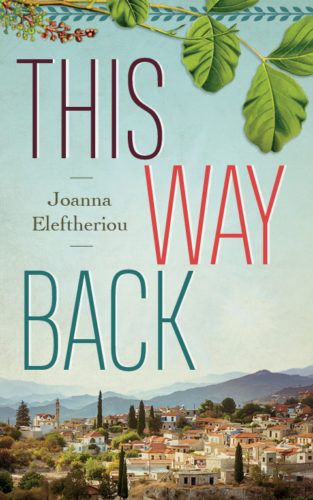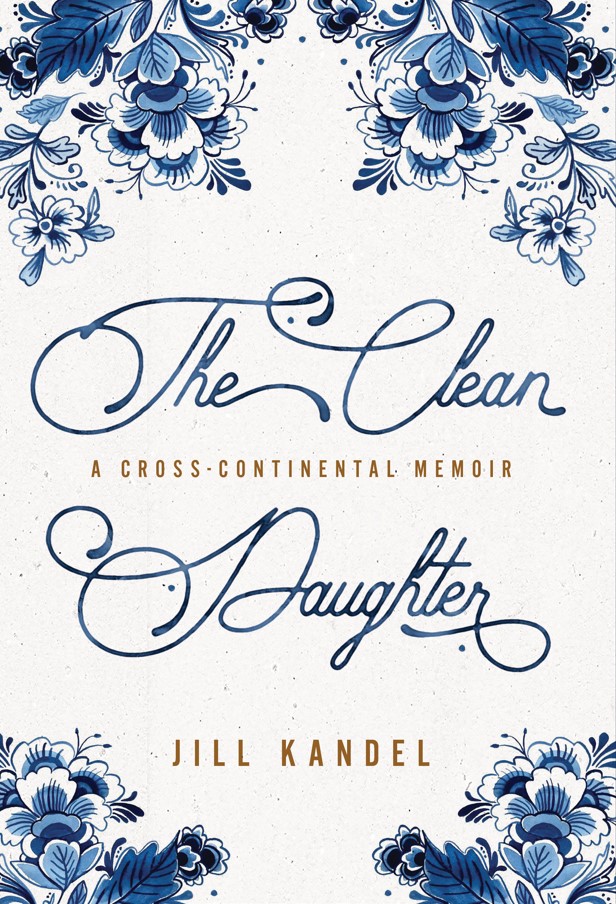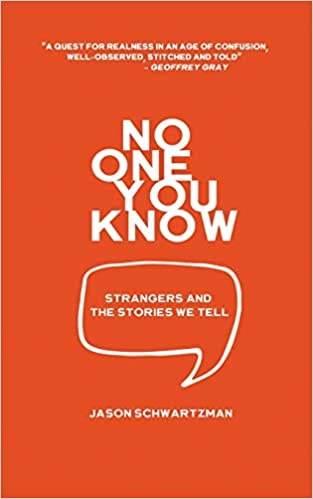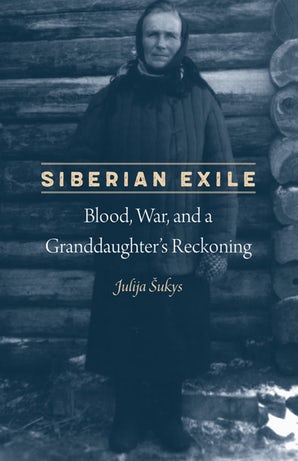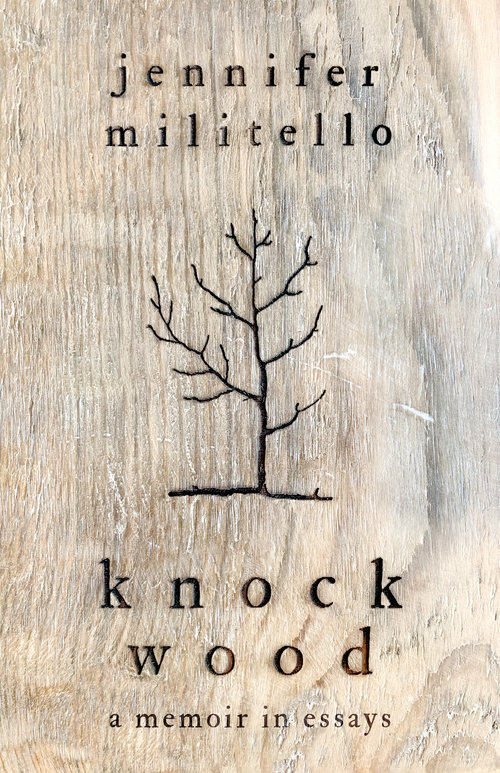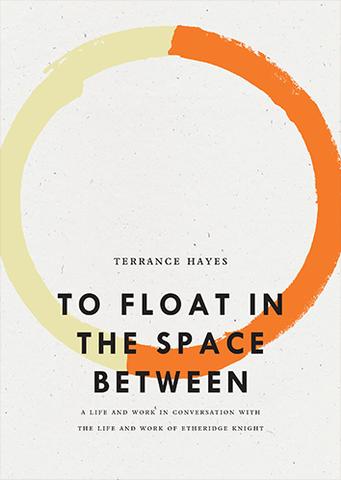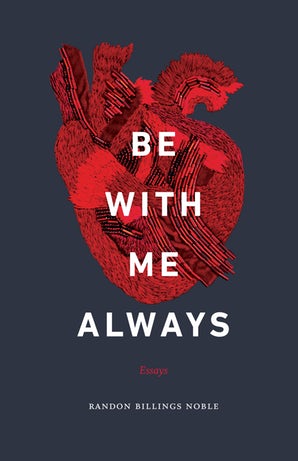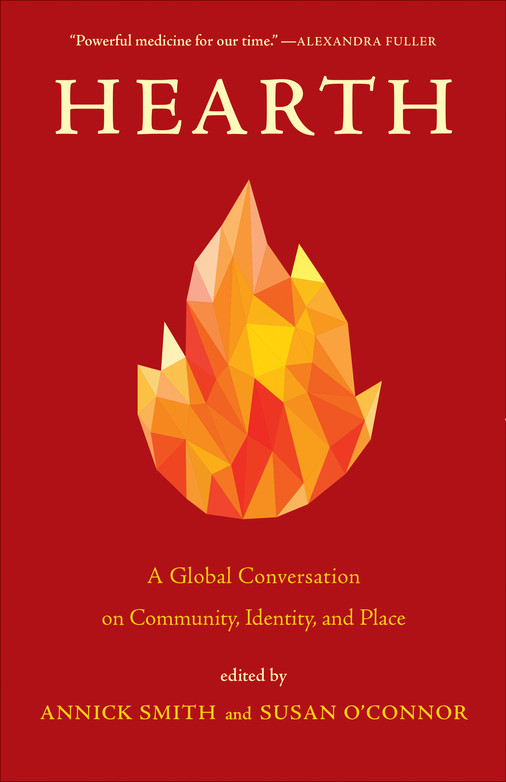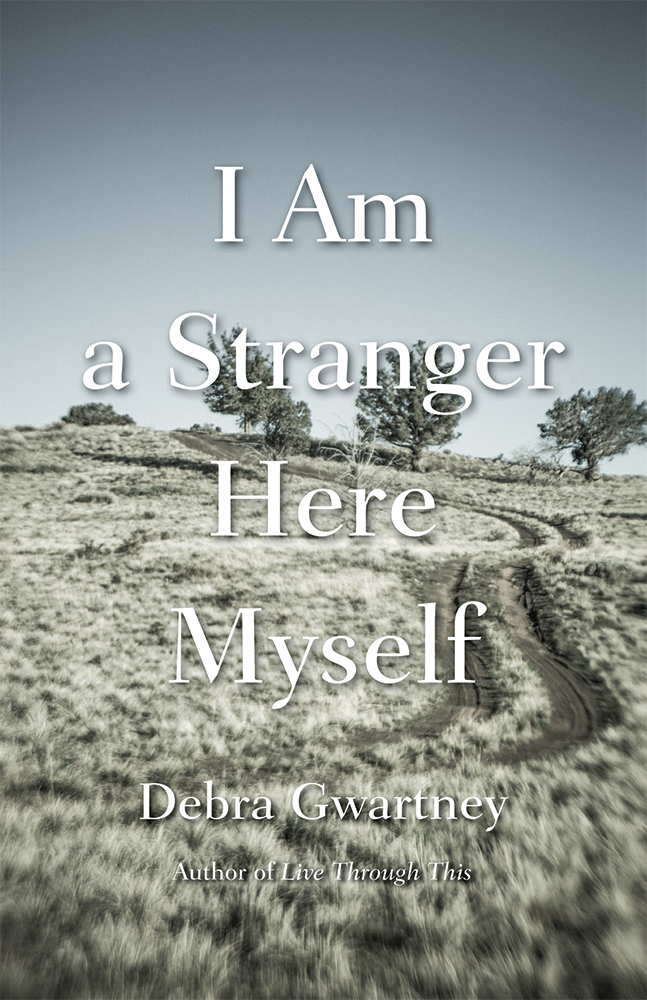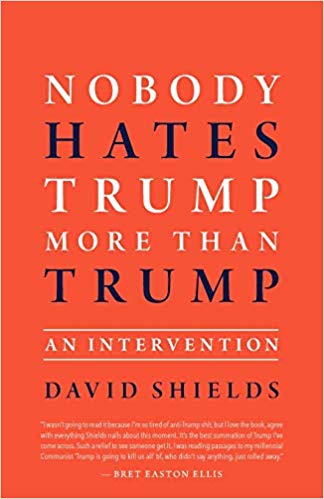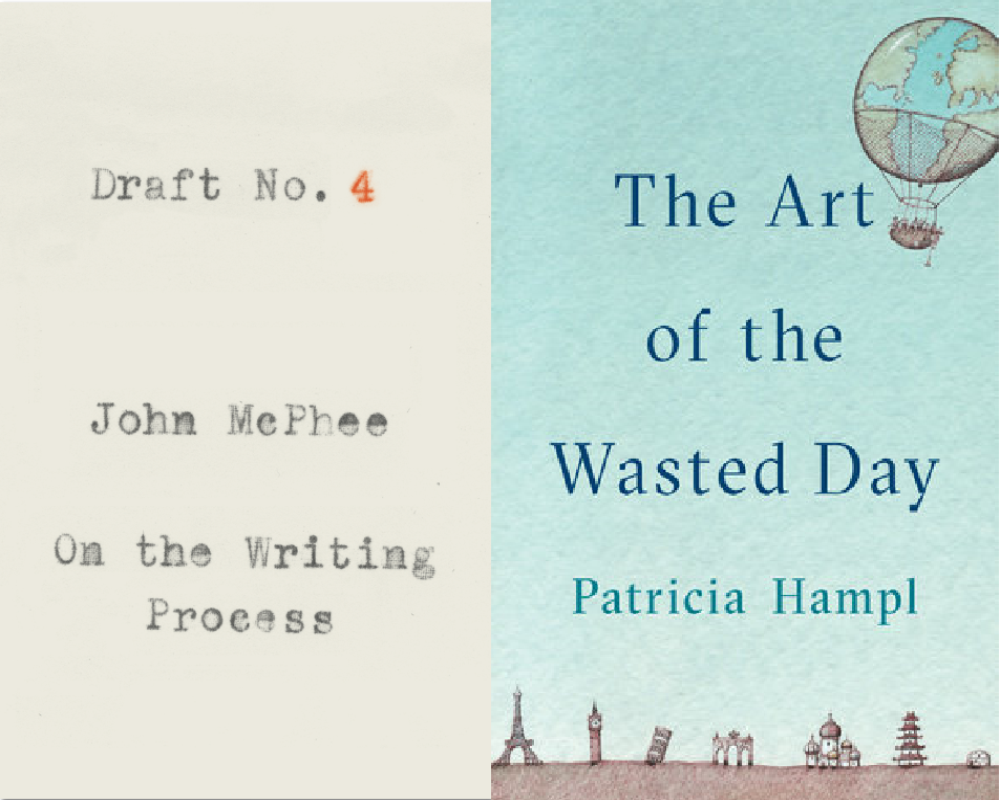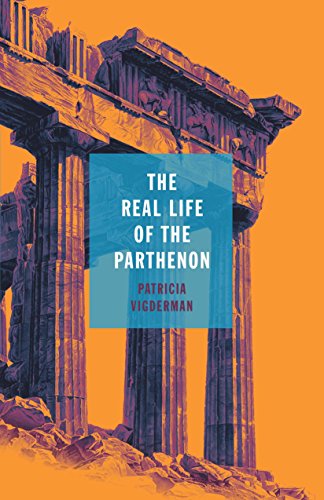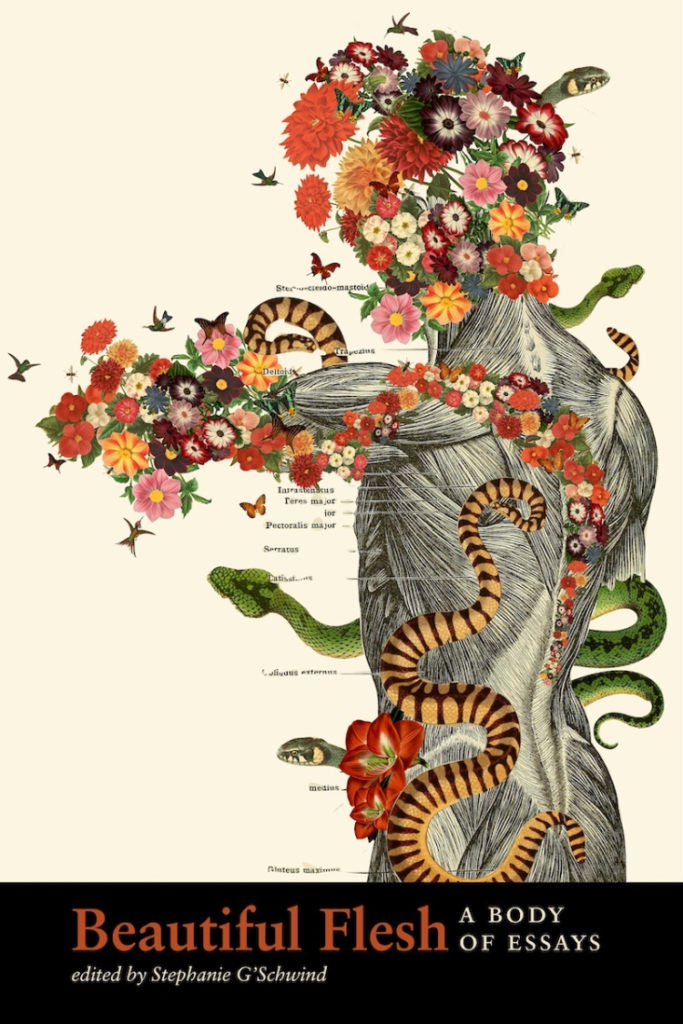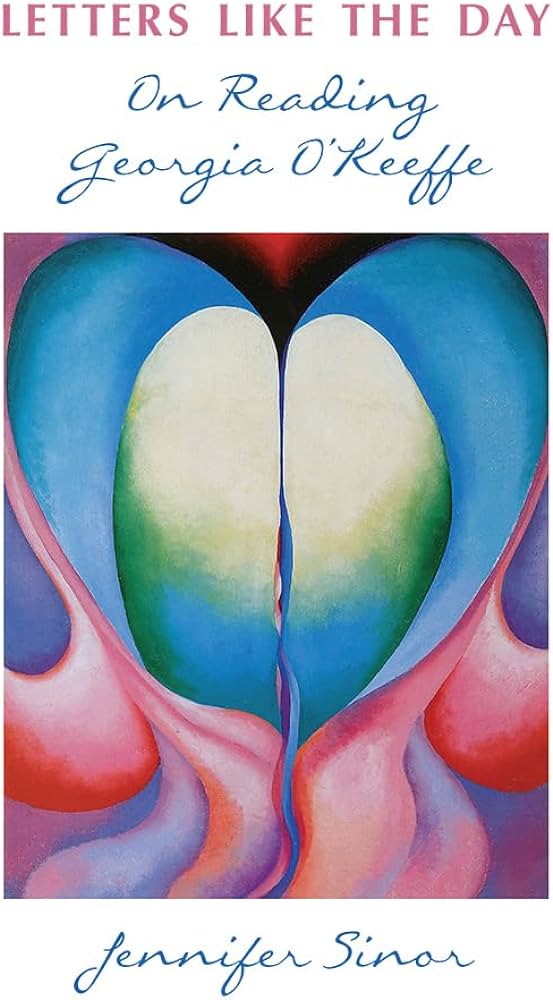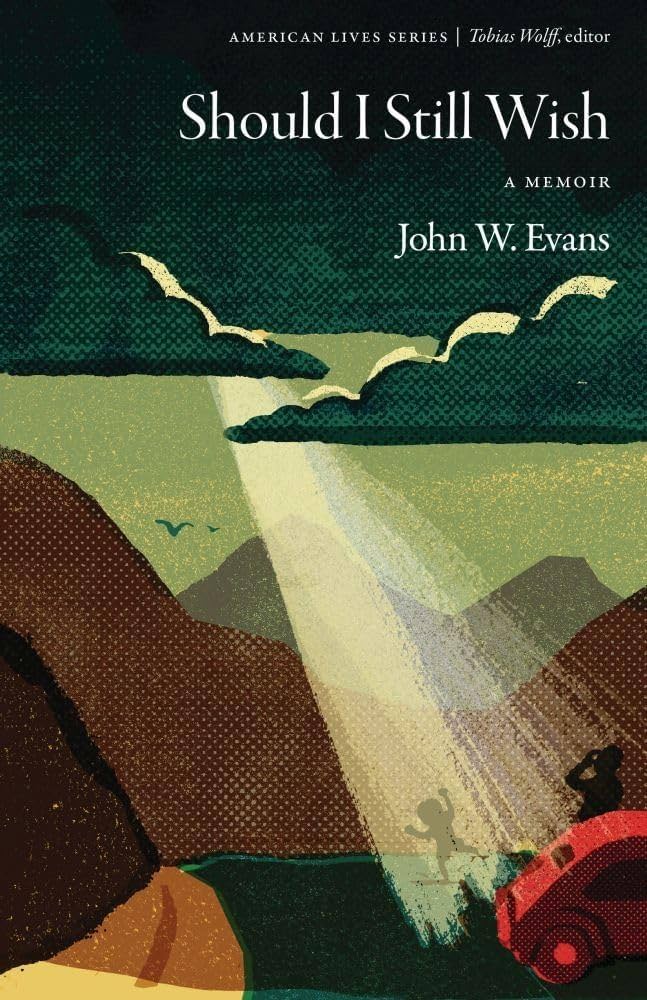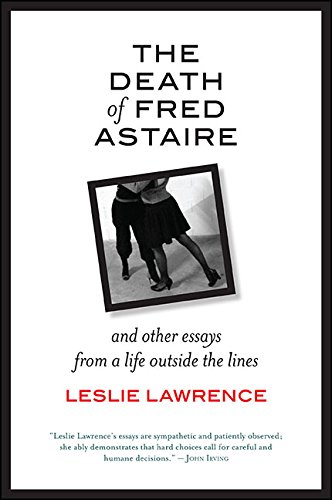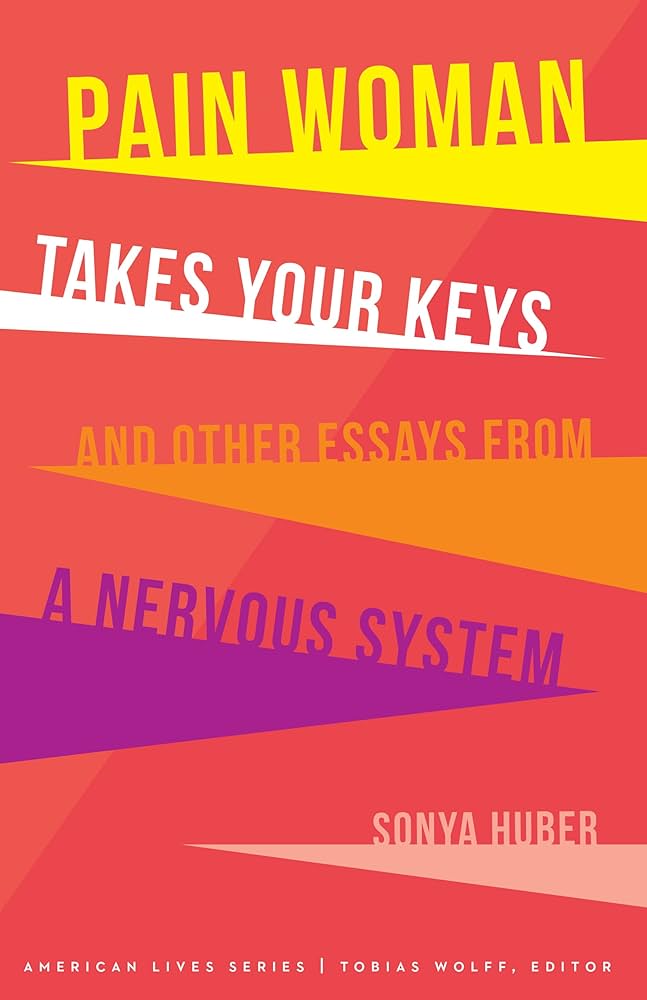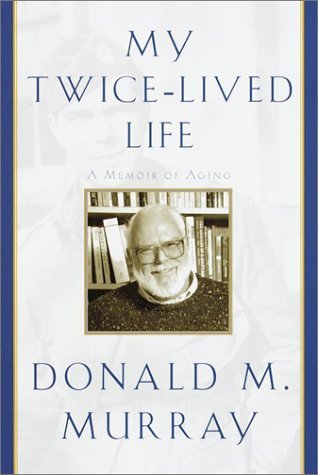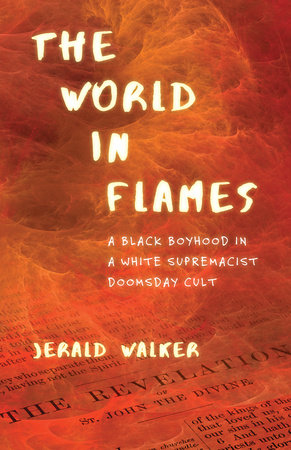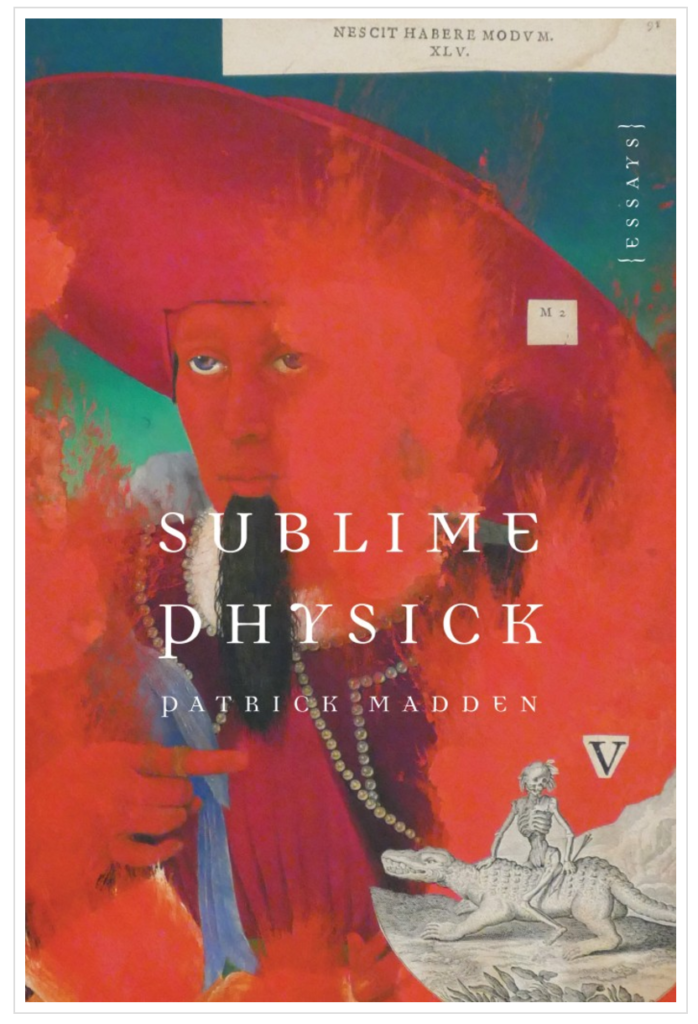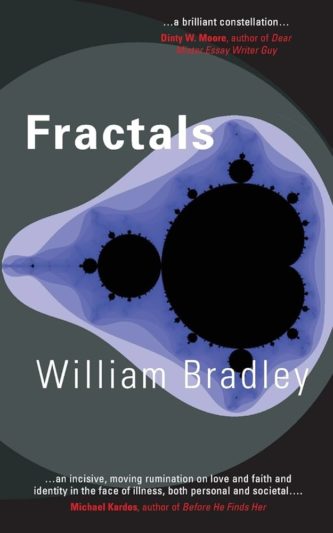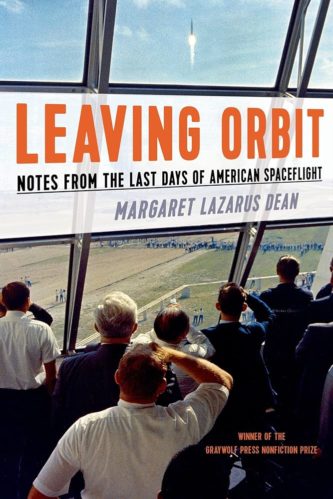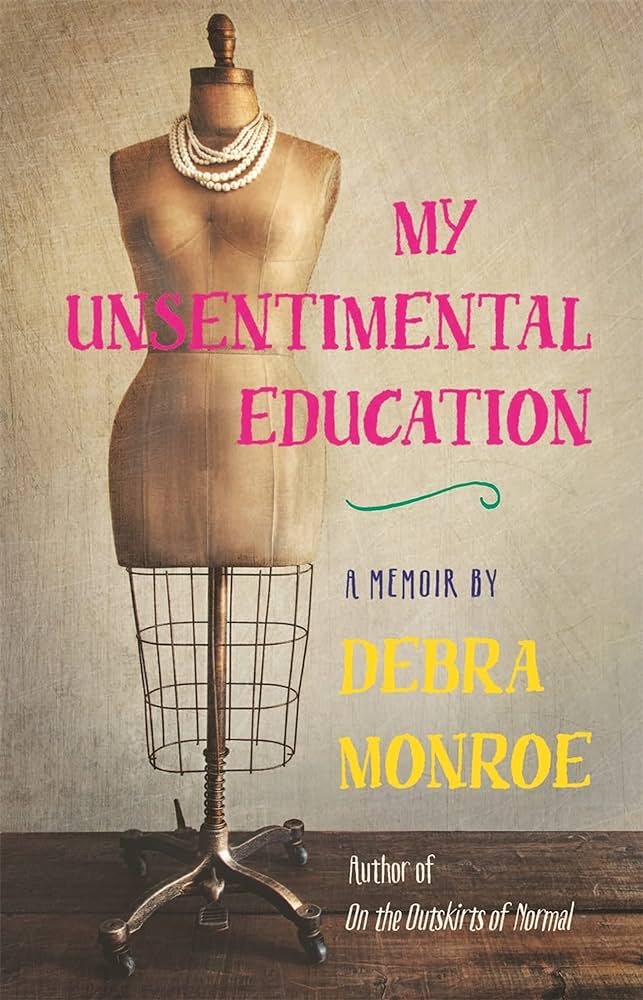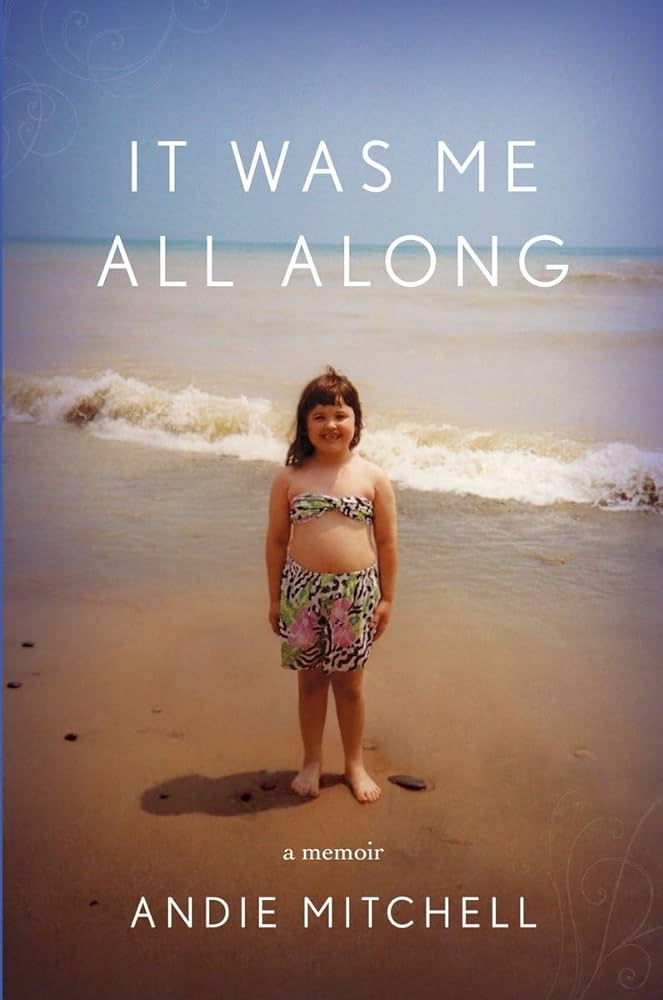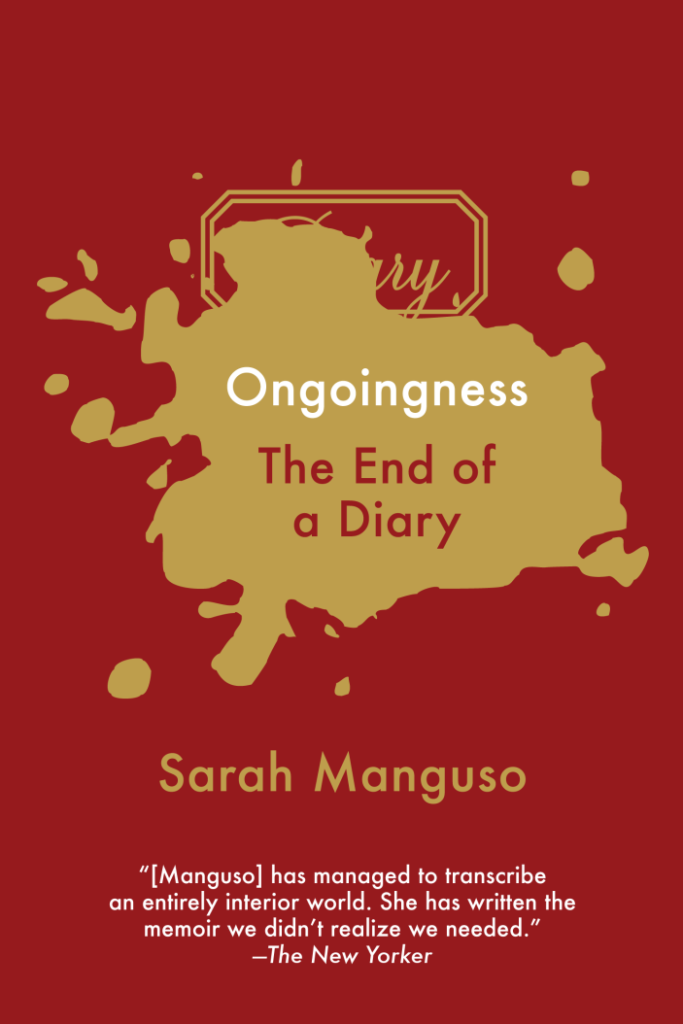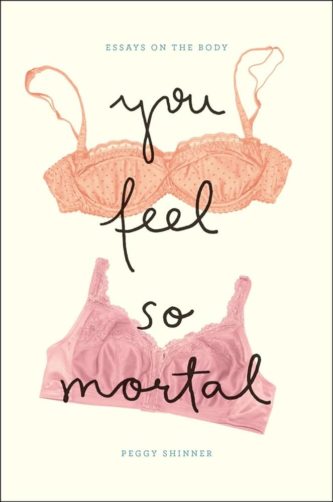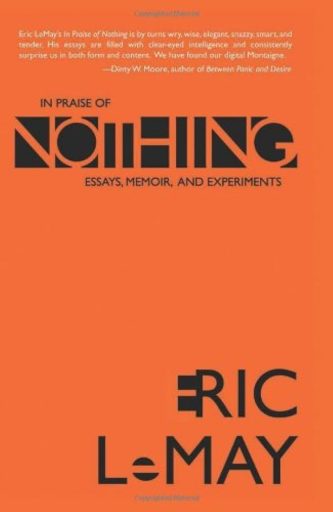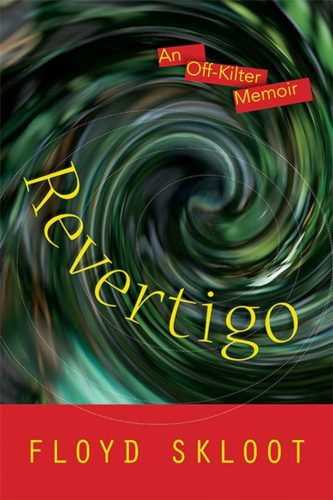By Tarn Wilson
The Beloved Republic by Steven Harvey
When Steven Harvey was eleven, his mother died by suicide. Three weeks later, his father married a woman with whom he’d been having an affair. The family never spoke of her death, and for much of his life, Harvey blocked this and other bad memories of his childhood. When he was sixty-one, he felt moved to open a box of his mother’s letters he had inherited. At the same time, he purchased a set of children’s encyclopedias he and his mother had loved, The Book of Knowledge. He captures this experience in a poignant essay, which alternates between his recovered memories, the complex and vulnerable mother he meets through her writing, and his reflections on several encyclopedia entries. The final essay, “The Book of Knowledge,” I see as the keystone essay in Harvey’s newest collection, his fourth, The Beloved Republic.
In the book, Harvey assembles essays written over twenty-five years. Predictably, the essays cover a wide range of topics—family, music, nature, philosophy, history, politics, favorite writers, etc. Nevertheless, the essays also coalesce around clear themes, which Harvey highlights through his intelligent placement and, I assume, revision of the essays for this collection. Harvey argues for the value of what he calls a “nonfiction miscellany.”
As essayists put together such collections over decades, they do not explore a concept or a set of related concepts; rather, they reveal who they are, and perhaps, why they are here. . . . [T]he rewards can be great as the reader joins the writer on the quest to discover willy-nilly what one life is about. There is an intimacy in this method, a sense that the parts are cherished, glowing by their own light without ulterior motives.
It is the day of Harvey’s mother’s death. No one has yet told Harvey the news, but a group of somber adults has gathered in his home. He senses something is terribly wrong and huddles in a storage space under the stairs, staring at the nails above his head, a personal constellation.
This moment is emblematic of a central theme of the book: our essential aloneness, even abandonment, by an indifferent universe. Harvey shares, “That coffin lid of stars that still haunts me.” He underscores this message in the essay “Orphaned Souls.”
Almighty forces are at work in the universe governed by laws that rule down to the puzzling properties of the tiniest subatomic particle, but they don’t give a quark about us. They may have given birth to us, but they abandoned us on the doorstep of an enormous nothingness that extends at least as far as the eye can see. This is the article of my faithlessness.
Yet the essays in this collection do reveal a kind of faith, guiding stars perhaps, that allow Harvey to navigate—with some sanity and grace—an often hostile universe. He believes in the power of stories and the beauty of language to companion, nurture, and connect us. He devoted his long career as an English professor to classroom communities with stories at their heart: “Literature, I tell my students on the first day of class, is a lullaby to our orphaned souls.” Literature, he continues, “frames our otherwise unutterable fears, giving them voice, and by speaking them we know that we have each other and are not alone with our burdens.” He knows this is true because a literature class his freshman year of college changed his life. He knows this because “when I read aloud to the students, I feel the power of shared words to bring balm.”
Harvey also believes in staying awake to the beauty, the transcendent, in our ordinary lives. Many of his essays focus on these moments and often use religious terms and metaphors to describe them: hiking to the top of a favorite mountain with his sons, interviewing a famous old-time fiddler, helping to rescue a baby sperm whale washed ashore. Harvey weaves his wife, Barbara, throughout the collection as a consistent, wise, and calm companion; his quiet gratitude for her shines through the pages.
But the election of Donald Trump—and the hatred, racism, and chaos that time unveiled—caused a shift in Harvey’s writerly focus. For most of his life, Harvey believed that essays were not a venue for political activism. “The writer’s job is to mystify ideas, not clarify them.” But that changed in 2017 when Harvey toured the National Museum of African American History and Culture in Washington D.C. As Harvey tells the story in “The Personal Political Essay,” he felt a stirring, a longing to use his writing skills to respond to “a democracy drifting toward authoritarianism.” The cliches and partisan rhetoric shouted at rallies, he concludes, may rally the troops, but rarely have the power to transform. He revisits the personal-political essays he had loved in his youth, by Baldwin, King, and Thoreau, and notes that “the essential move in a personal political essay,” is in providing moments of “inwardness.”
For the reader, the intimacy of watching and participating in the thought process is a privilege, and once we live through the conditions under which the thinking happened, generously produced by the essayist, we are more apt to see the idea anew and modify our own position and even change our minds, or, if we agreed with the ideas from the start, feel less lonely in our convictions. This is the great gift that the personal essay offers our mean-spirited politics: the power of intimacy.
He concludes that we need personal essayists who contribute nuanced, humble, and authorial voices to the political dialogue. He makes a new commitment.
I will still write personal essays full of questions and ambiguities, I’m sure, but I will no longer shy away from those that require an unequivocal political stance. It may seem surprising that a political personal essay would turn lyrical, even poetic, given the urgency of its message, in a grubby and corrupt world, but that is precisely what we need during troubled times, an aria getting us through the night and pointing in the morning toward the Promised Land.
Harvey stays true to this promise, and his most recent essays entwine the personal with urgent cultural issues. In “The Other Steve Harvey,” he uses the fact that he shares the name with a Black celebrity as a frame to share his own reckoning with racism. In “The Arc of Universe,” Harvey reflects on King’s famous line, “the arc of the moral universe is long, but it bends toward justice” in a smart, touching essay. He combines a visit to a glass studio, anecdotes about King, the history of archery instruction, reflections on Stonewall, and the story of physicist, an eclipse, and Einstein’s theory of relativity—all anchored by the story of his daughter coming out as bi-sexual.
As a student of history, Harvey is a realist, perhaps even a pessimist, about our ability to alter our frightening environmental and political trajectory. At the same time, he believes that modest, ordinary, compassionate people—finding ways to connect through art—make a difference. “Those who do this work form the ‘Beloved Republic,” a phrase E.M. Forster coined for the peaceful and fragile confederacy of kind, benevolent and creative people in the world of tyrants, thugs, and loud-mouthed bullies.”
In those first hours after his mother’s death, Harvey was lost and alone in his sanctuary under the stairs, a constellation of nail-stars above his head. That seminal experience, I suspect, contributed to his rejection of traditional religious doctrine. At the same time, I think the loss may have also helped cultivate his exquisite empathy, his ability to notice moments of beauty and connection, and his profound commitment to ease suffering. His book of “nonfiction miscellany” captures a life lived, not in grand gestures, but in small, consistent acts of courage, creativity, and integrity in community with others.
In his titular essay “The Beloved Republic,” Harvey makes this heartening promise to those who feel worried and wearied, helpless in the face of “war and tyranny,” that by devoting ourselves to lives of steady kindness, creativity, and friendship we are joining an invisible, benevolent army.
Artists, intellectuals, and scientists can resist by joining movements, taking on causes, or fighting wars of resistance, and many do, but they can also bring about slow but inexorable change by doing what they do best: make art, argue philosophy, teach children, and do the slow, exacting work of science. That is the star that guides them when the cruelty seems endless.
The Beloved Republic by Steven Harvey
Wandering Aengus Press
$20.00 paperback | Buy Now
Tarn Wilson is the author of the memoir The Slow Farm, the memoir-in-essays In Praise of Inadequate Gifts, winner of the Wandering Aengus Press Book Award, and the craft book: 5-Minute Daily Writing Prompts: 501 Prompts to Unleash Your Creativity and Inspire You to Write (soon to be translated into Chinese!). Her essays appear in numerous literary journals, including Brevity, Harvard Divinity Bulletin, River Teeth, Ruminate, and The Sun. She earned her MFA from the Rainier Writing Workshop.

